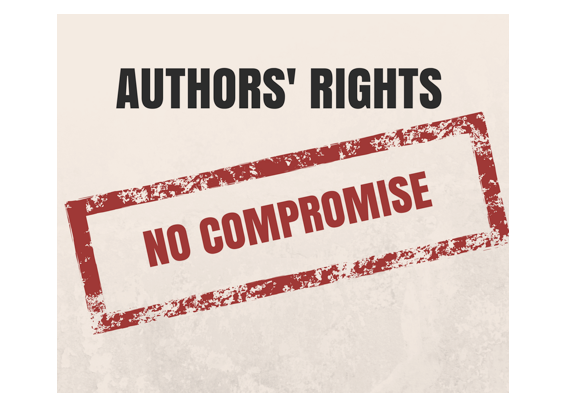EFJ and IFJ demand use of Extended Collective Licensing in new EU Copyright Directive submission

The European and International Federations of Journalists (EFJ-IFJ), respectively Europe’s and the world’s largest organisations of journalists, responded on 9 September to a consultation by the European Commission (EC) on the implementation of Article 17 of the EU Directive on Copyright in the Digital Single Market.
Article 17 of the EU Directive aims to close the “value-gap” between rights holders and online platforms and to ensure a fair share of the wealth generated by online platforms using protected works, is distributed to creative industries and their authors, including journalists. In a second submission on the article, the federations supported the use of extended collective licensing (ECL), provided in Article 12 of the Directive, as an authorisation model for the use of these works by online platforms.
ECL, a form of collective management, applies to all rights holders in a sector, irrespective of their membership in a collecting management organisation (CMO), and establishes direct licensing terms with users. ECL is specifically designed for mass use, when direct negotiation with individual rights holders is unmanageable, due to their sheer number, which is the case for works published on online platforms and covered by Article 17.
“ECL offers service providers the significant advantage of workable sectoral agreements that comply with the new legislation, and offers authors the certainty of remuneration for the use of their protected works” stressed Mogens Blicher Bjerregård, EFJ President
“We also support member states’ transposition of the Directive offering the possibility of direct remuneration of authors and performers”, added Anthony Bellanger, IFJ General Secretary.
At present, only rightsholders with a certain (but undefined) size and large traction on online platforms receive remuneration, the vast majority of authors don’t.
This is the second contribution the federations have made on Article 17, having submitted a position paper in March, following a series of six Stakeholder Dialogue meetings on the implementation of Article 17 that the EC had organized and the federations had joined.
In their first submission, EFJ and IFJ highlighted the importance of safeguarding the availability of journalistic work and suggested that platforms should proactively seek broad licensing schemes to this end. The document also underlined key issues to be considered to achieve balance between competing fundamental rights, offering tips to ensure both copyright and the article’s exceptions and limitations are respected and harmonized across platforms and EU countries.
Click here to read the contribution
The European and International Federations of Journalists (EFJ/IFJ), are Europe’s and the world’s largest journalist’ organisations, the EFJ representing over 320,000 journalists in 72 unions and associations across 45 countries, and the IFJ over 600,000 media professionals from 187 unions and associations in more than 140 countries.
For more information contact the IFJ/EFJ Authors’ rights adviser at sarah.bouchetob@ifj.org or Tel : +32 2 235 22 05
EC Consultation on DSM Article 17 – EFJ IFJ – Response 090920






